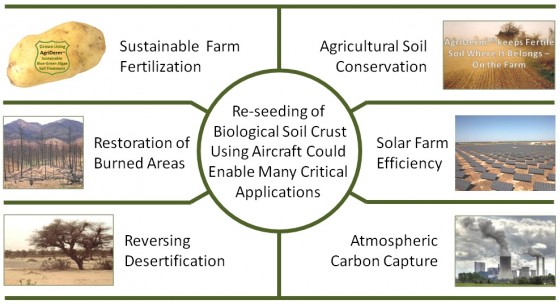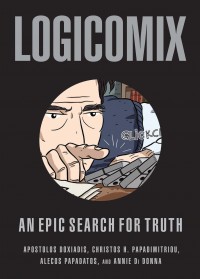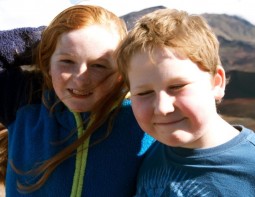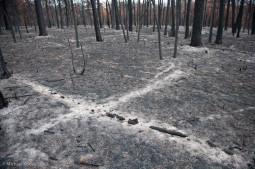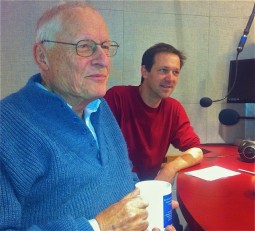
Leaky Natural Gas Wells (start time 6:22). We speak with Greg Frost, a scientist from the University of Colorado at Boulder and the National Oceanic and Atmospheric Administration (NOAA), about a new study, which is being published by the Journal of Geophysical Research. The study indicates that natural gas drilling creates higher amounts of methane leakage into the atmosphere than previous estimates had indicated. Methane is a potent greenhouse gas, and unless this problem of leakage is solved, there is concern that drilling for natural gas might cause higher levels of greenhouse gases in the atmosphere than burning coal. We also offer an extended version of this interview.

Recent Contributions of Glaciers and Ice Caps to Sea Level Rise (start time 14:25). Scientists at CU’s Institute of Arctic and Alpine Research now have used eight years worth of satellite data to a clearer picture of how climate change is impacting the cryosphere, or ice-covered parts of the planet. (See animations here.) Knowing how much ice has been lost during this time can help scientists understand how melting ice might contribute to sea level rise, both now and in the future. But there have been conflicting stories in the press about how the results should be interpreted. We talk with Tad Pfeffer, one of the study’s coauthors, to discuss what’s really happening to the Earth’s ice.
Hosts: Joel Parker & Breanna Draxler
Producer: Joel Parker
Engineers: Jim Pullen & Shelley Schlender
Additional contributions: Beth Bartel
Executive producer: Shelley Schlender
Listen to the show:
Podcast: Play in new window | Download (Duration: 23:48 — 21.8MB)
Subscribe: RSS

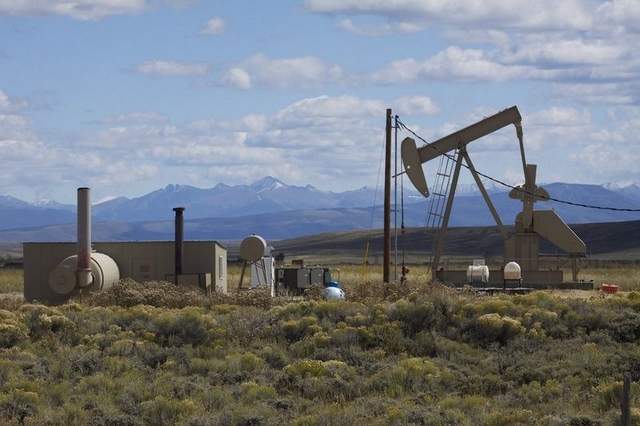





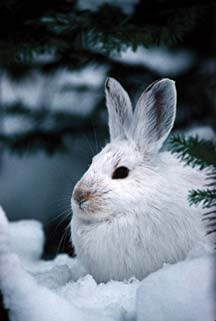


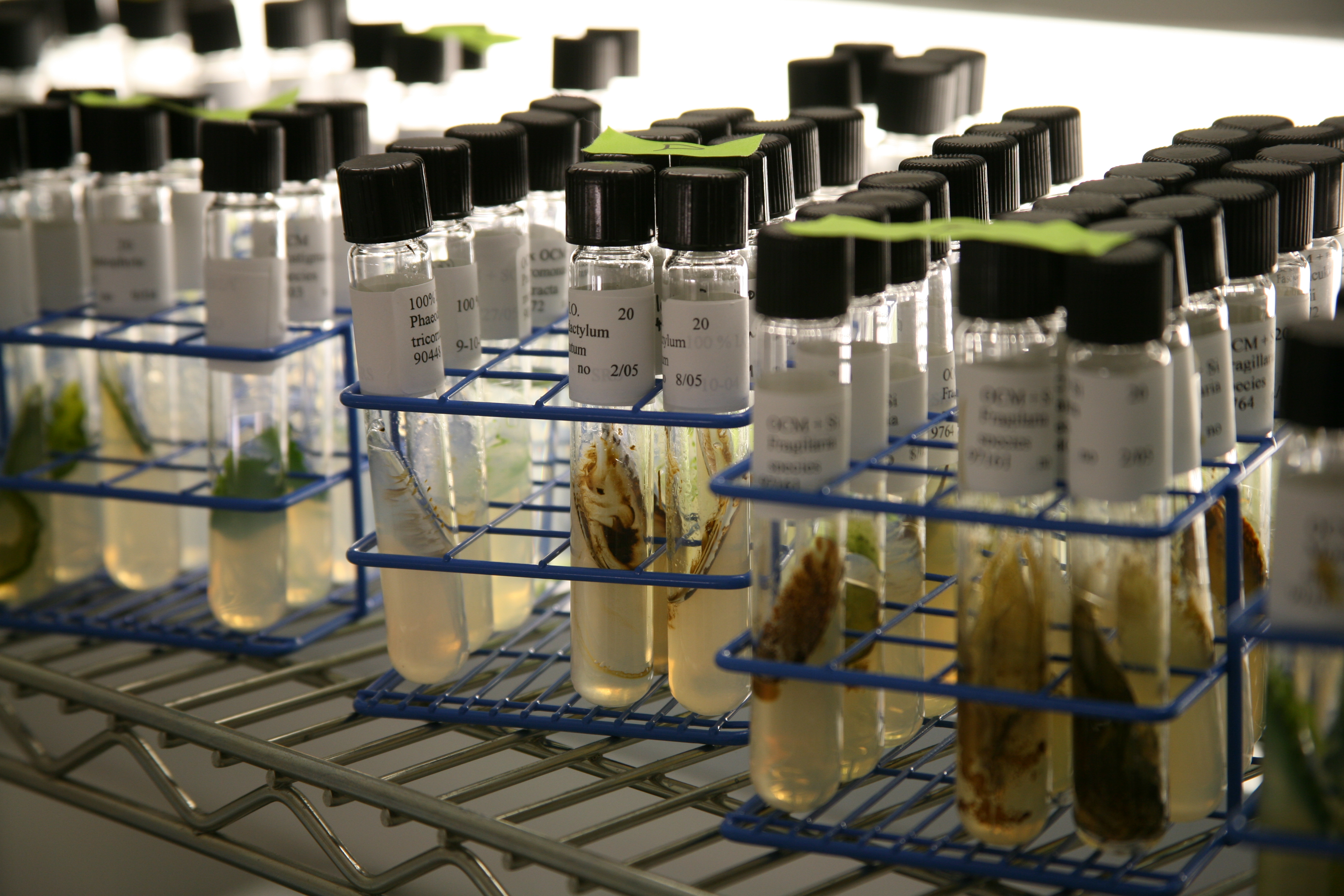

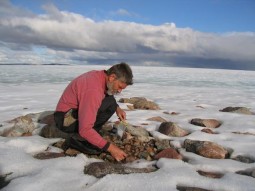
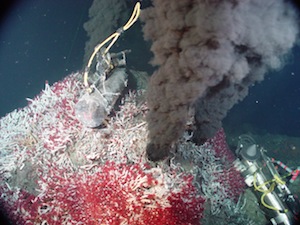
 Underwater Volcanoes (start time 5:45). Most of our planet’s volcanoes are out of sight, and largely out of mind. Hidden under sometimes thousands of feet of water, volcanoes on the sea floor bubble and boil away without our knowledge and largely without our understanding. We talk with Oregon State University volcanologist
Underwater Volcanoes (start time 5:45). Most of our planet’s volcanoes are out of sight, and largely out of mind. Hidden under sometimes thousands of feet of water, volcanoes on the sea floor bubble and boil away without our knowledge and largely without our understanding. We talk with Oregon State University volcanologist  Sleep (start time 15:50). As any mother knows, when children get cranky, one of the best solutions is to “go take a nap.” What is less understood is whether or not those naps can be now and then, or whether it’s important to keep them regular. We speak with an expert who has just published a study that looks at the question of napping among preschool children. Her name is
Sleep (start time 15:50). As any mother knows, when children get cranky, one of the best solutions is to “go take a nap.” What is less understood is whether or not those naps can be now and then, or whether it’s important to keep them regular. We speak with an expert who has just published a study that looks at the question of napping among preschool children. Her name is 


 nicotine patches really help you stop smoking? Shelley Schlender interviews a scientist who says they don’t.
nicotine patches really help you stop smoking? Shelley Schlender interviews a scientist who says they don’t. 